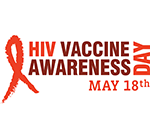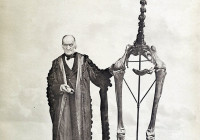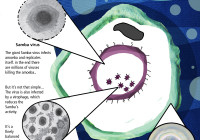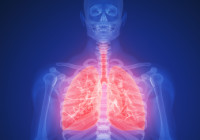The gut-brain axis: what’s the relationship between our bowels and our brains?

What is the nature of the relationship between the brain and the gut? This is a question that has fascinated scientists and clinicians for decades, and there appears to be no simple answer to it. It seems the more research that is done on this topic, the more complex and extensive the interactions are found… Read more »





